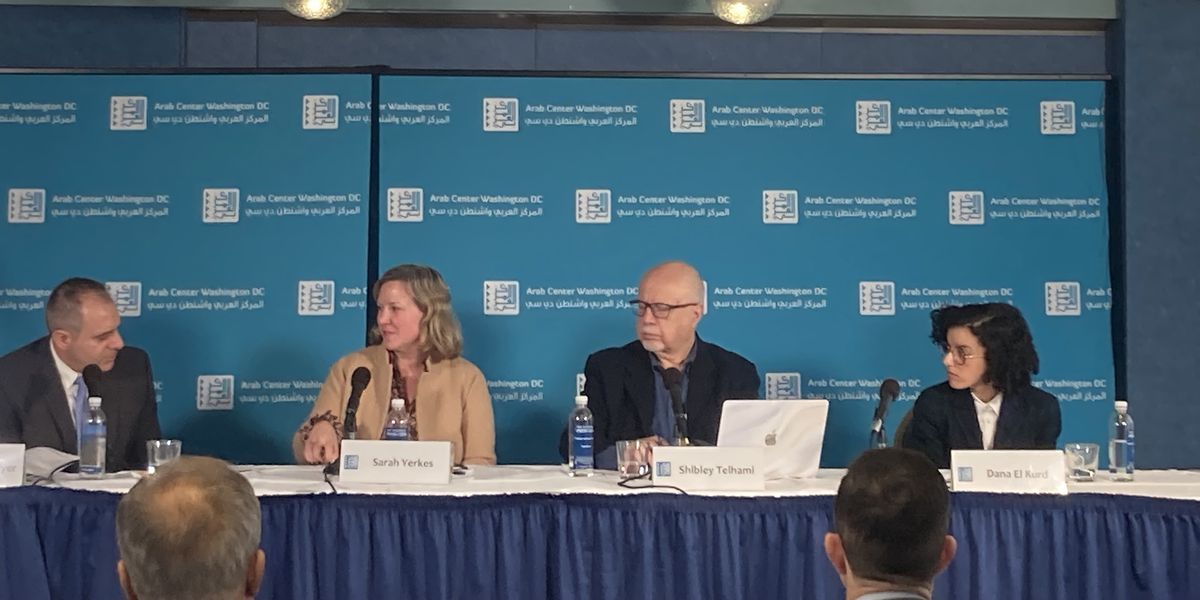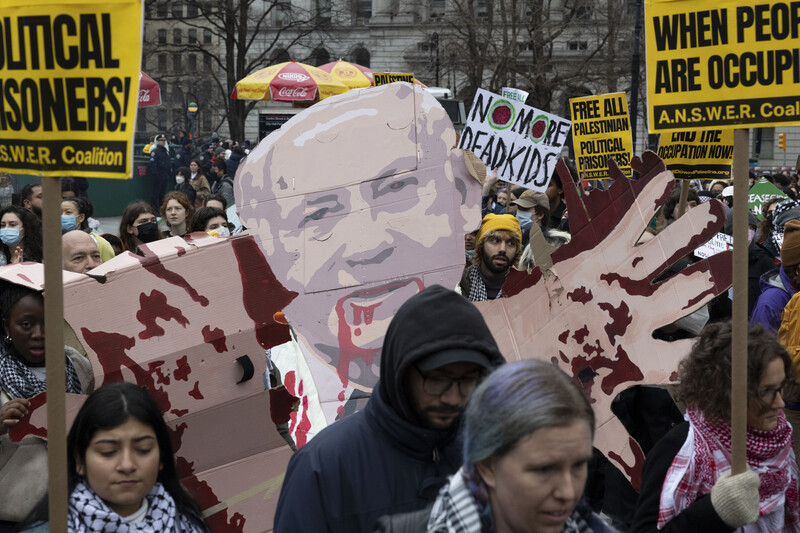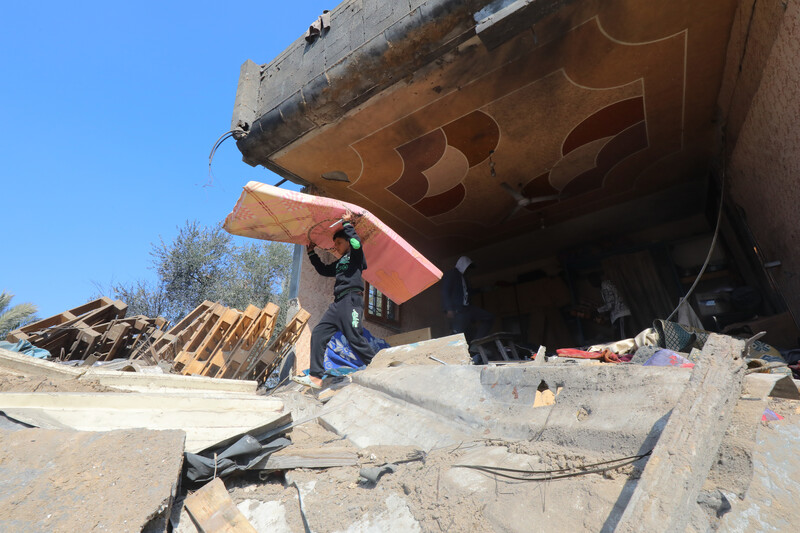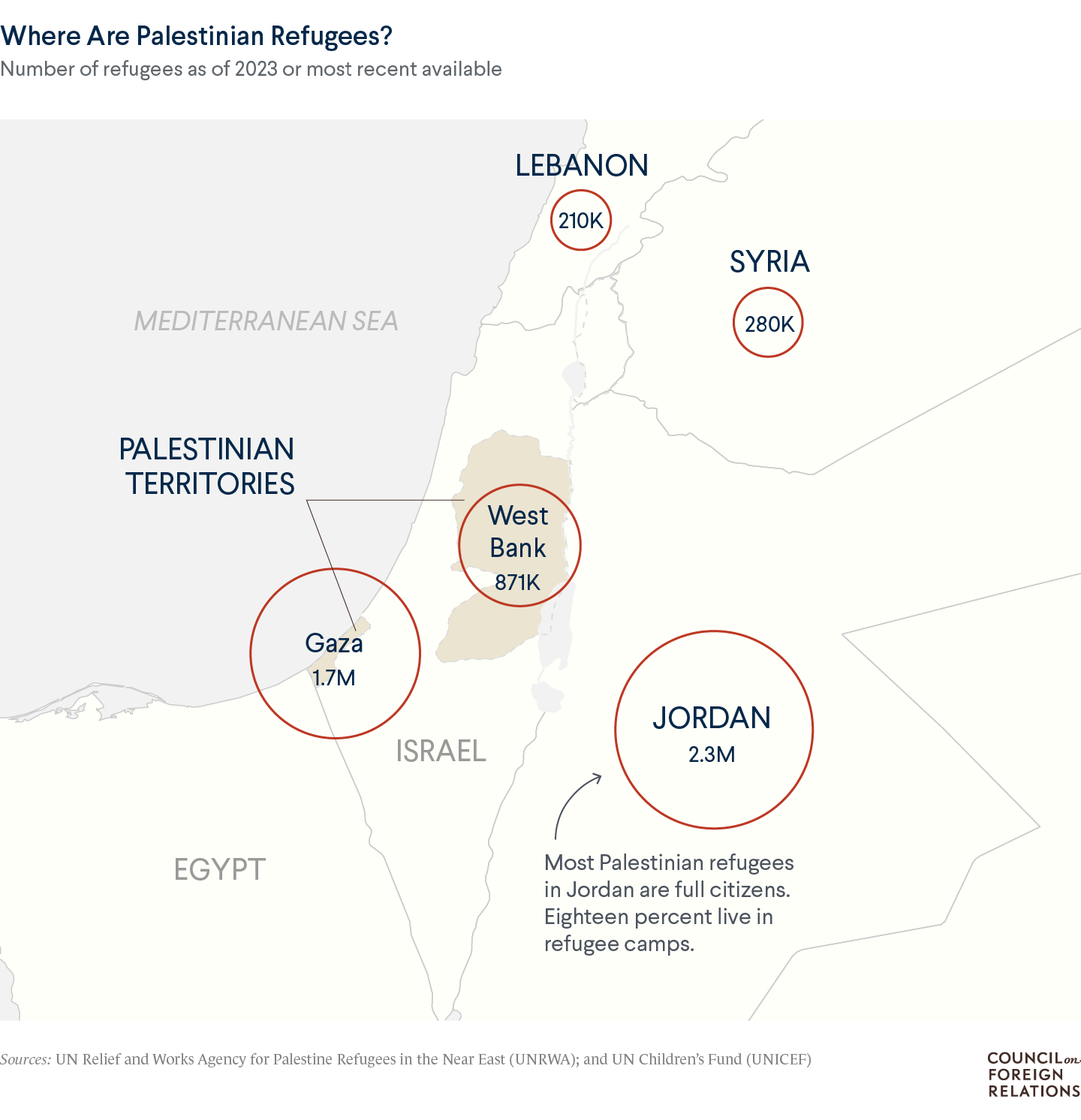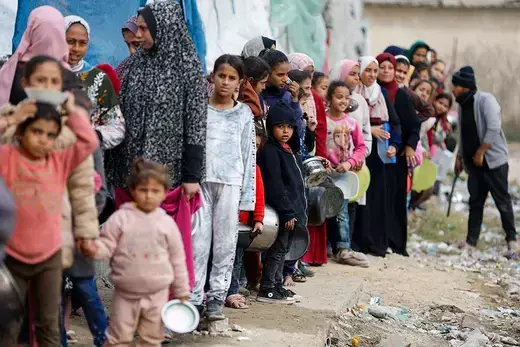February 9, 2024
WASHINGTON (AP) – For the first time in more than two decades, Mexico last year surpassed China as the leading source of goods imported by the United States (US). The shift reflects the growing tensions between Washington and Beijing as well as US efforts to import from countries that are friendlier and closer to home.
Figures released on Wednesday by the US Commerce Department show that the value of goods imported by the US from Mexico rose nearly five per cent from 2022 to 2023, to more than USD475 billion. At the same time, the value of Chinese imports tumbled 20 per cent to USD427 billion.
The last time that Mexican goods imported by the US exceeded the value of China’s imports was in 2002.
Economic relations between the US and China have severely deteriorated in recent years as Beijing has fought aggressively on trade and made ominous military gestures in the Far East.
The Trump administration began imposing tariffs on Chinese imports in 2018, arguing that Beijing’s trade practices violated global trade rules.
President Joe Biden retained those tariffs after taking office in 2021, making clear that antagonism toward China would be a rare area of common ground for Democrats and Republicans.
As an alternative to offshoring production to China, which US corporations had long engaged in, the Biden administration has urged companies to seek suppliers in allied countries (friend-shoring) or to return manufacturing to the US (reshoring). Supply-chain disruptions related to the COVID-19 pandemic also led US companies to seek supplies closer to the US (near-shoring).
Mexico has been among the beneficiaries of the growing shift away from reliance on Chinese factories. But the picture is more complicated than it might seem. Some Chinese manufacturers have established factories in Mexico to exploit the benefits of the three-year-old US-Mexico-Canada Trade Agreement, which allows for duty-free trade in North America for many products.
Mexican President Andrés Manuel López Obrador said this week that the trade status gives Mexico new leverage, saying it would make it hard for the US to close the two countries’ border to limit immigration, as suggested in negotiations on a border bill in the US Senate.
“The negotiation is proposing closing the border,” he said. “Do you think Americans, or Mexicans, but especially the Americans, would approve that? The businesses wouldn’t take it, maybe one day, but not a week.”
Some industries, especially auto manufacturers have set up plants on both sides of the border that depend on each for a steady supply of parts. Derek Scissors, a China specialist at the conservative American Enterprise Institute, noted that the biggest drops in Chinese imports were in computers and electronics and chemicals and pharmaceuticals, all politically sensitive categories.
“I don’t see the US being comfortable with a rebound in those areas in 2024 and 2025,” Scissors said, predicting that the China-Mexico reversal on imports to the United States likely “is not a one-year blip”.
Scissors suggested that the drop in US reliance on Chinese goods partly reflects wariness of Beijing’s economic policies under President Xi Jinping.
Xi’s draconian COVID-19 lockdowns brought significant swaths of the Chinese economy to a standstill in 2022, and his officials have raided foreign companies in apparent counterespionage investigations.
“I think it’s corporate America belatedly deciding Xi Jinping is unreliable,” he said.
Overall, the US deficit in the trade of goods with the rest of the world – the gap between the value of what the US sells and what it buys abroad narrowed 10 per cent last year to USD1.06 trillion.







